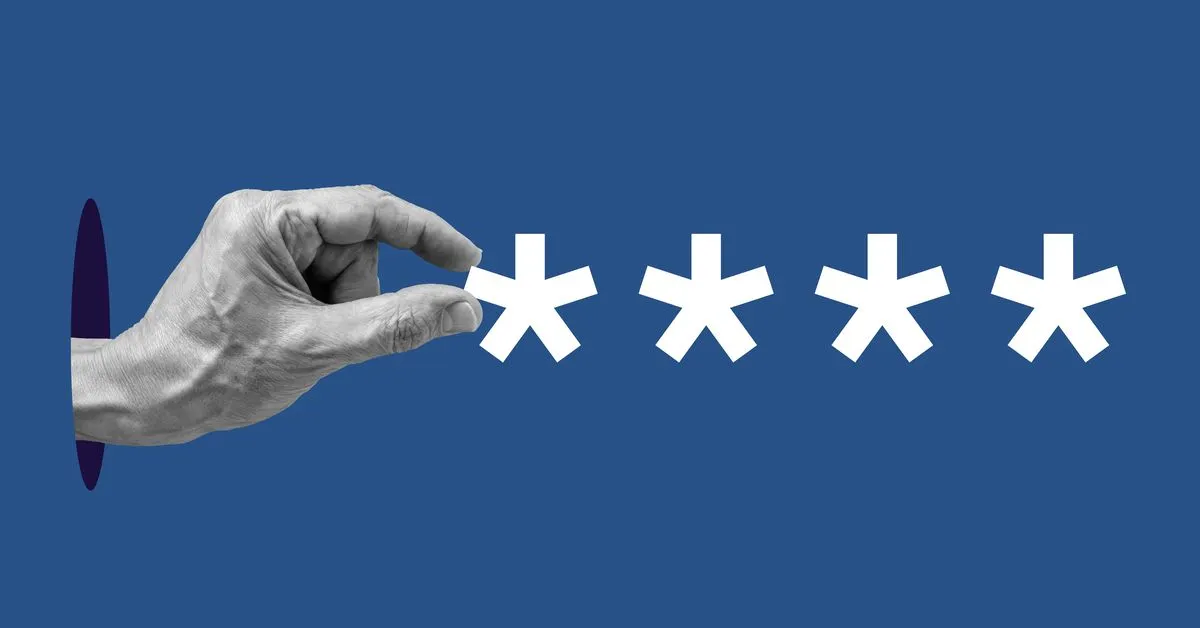The debate around identity on-chain has been a hot topic among participants. Supporters of a fully permissionless ecosystem cite “access for all” and preserving privacy as key arguments for not identifying users on a blockchain. However, the answer to the question of whether it could be beneficial to verify aspects of one’s identity while protecting sensitive information is more complex.
Regulated entities such as asset managers or allocators are unable to do business with “bad actors” (terrorists, financial criminals, etc.) in a completely permissionless environment, as the participants are unknown and the “bad actor” risk cannot be addressed. According to a 2022 Institutional Investor survey of 140 respondents with $2.6 trillion of assets under management, regulatory compliance and trust remain the key factors considered with respect to selecting Web3 partners. Therefore, applications seeking institutional liquidity are looking to create compliance-aware platforms.
Permissionless Web3 is hard to beat when it comes to protecting personal information. However, if the users are not able to reveal any aspects of their identity, they cannot leverage their reputations or distinguishing attributes. A system where applications can check attributes of user identity without accessing the underlying private data can facilitate more targeted use cases while preserving privacy. For example, a user can decide to share information about their credit reputation while remaining pseudonymous.
In conclusion, being able to verify elements of user identity while protecting sensitive data can boost institutional adoption of Web3 and enable participants to be rewarded based on their reputation. Such broader usage of blockchain technology is complementary to the existing permissionless Web3 applications. Additionally, blockchain technology and cryptographic techniques can provide enhanced privacy and secure identity management that let users have greater control over their personal information. By striking a balance between privacy and identity verification, blockchains can realize their full potential so they can support a significant portion of global economic activity.
